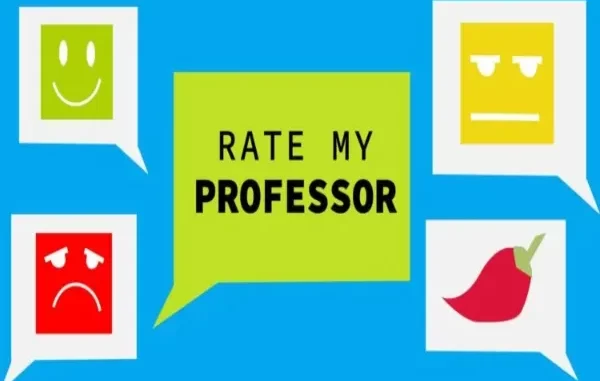
The Pros and Cons of the Popular Online Platform “Rate My Professor”
By Ted Holland, myliberla.com
In an era where technology shapes various aspects of our lives, the world of education is no exception. One platform that has gained both popularity and notoriety is “Rate My Professor,” an online platform where students can review and rate their professors. This article delves into the dynamics of “Rate My Professor,” exploring its impact, controversies, and implications for the academic landscape.
The Emergence of “Rate My Professor“
“Rate My Professor” emerged in the early 2000s as a website that aimed to provide students with a platform to share their experiences with professors. The platform allows students to rate professors on various factors, including clarity, helpfulness, and overall quality. Over the years, the site has gained significant traction, becoming a go-to resource for students considering courses and professors.
The Impact of “Rate My Professor”
- Student Guidance: The platform provides students with insights into professors’ teaching styles, classroom environments, and expectations, enabling them to make informed decisions about their courses.
- Accountability: By allowing students to express their opinions, “Rate My Professor” encourages professors to reflect on their teaching methods and strive for continuous improvement.
- Community Engagement: The platform fosters a sense of community among students, as they share experiences and advice to help their peers navigate the academic landscape.
- Positive Feedback Loop: Professors who receive positive ratings can garner recognition and credibility, which can contribute to their professional growth and reputation.
Controversies and Concerns

The rise of “Rate My Professor” has sparked various debates and concerns:
- Subjectivity: Critics argue that the platform’s ratings can be highly subjective and influenced by factors such as students’ personal biases or academic performance.
- Anonymity: Some reviewers choose to remain anonymous, which can raise questions about the credibility and authenticity of the feedback.
- Potential for Misuse: There are concerns that the platform can be misused for personal attacks or spreading false information about professors.
- Impact on Career: Professors fear that negative reviews, whether justified or not, could impact their careers, promotion prospects, and relationships with students.
- Biased Representation: The demographics of reviewers may not always represent the entirety of a professor’s student population, potentially leading to skewed perceptions.
Navigating the Conversation
As “Rate My Professor” continues to shape perceptions of professors and courses, there are considerations to keep in mind:
- Context Matters: When reading reviews, it’s important to consider the context of the feedback, the number of reviews, and patterns in the comments.
- Open Dialogue: Encouraging open dialogue between students and professors can lead to a better understanding of expectations and concerns.
- Constructive Criticism: Constructive feedback can inspire professors to refine their teaching methods and engage with students more effectively.
- Awareness of Bias: Being aware of potential biases in reviews and considering multiple perspectives can provide a more accurate picture.
Conclusion: Rate My Professor
“Rate My Professor” has transformed the way students access and evaluate information about their professors. While the platform offers valuable insights into teaching styles and course experiences, it also comes with its share of controversies and potential pitfalls. As academia continues to evolve in the digital age, it is essential to engage in thoughtful discussions that acknowledge the benefits of student feedback while addressing the complexities of its application. Ultimately, responsible and considerate use of platforms like “Rate My Professor” can contribute to a more transparent and accountable educational environment.

Leave a Reply